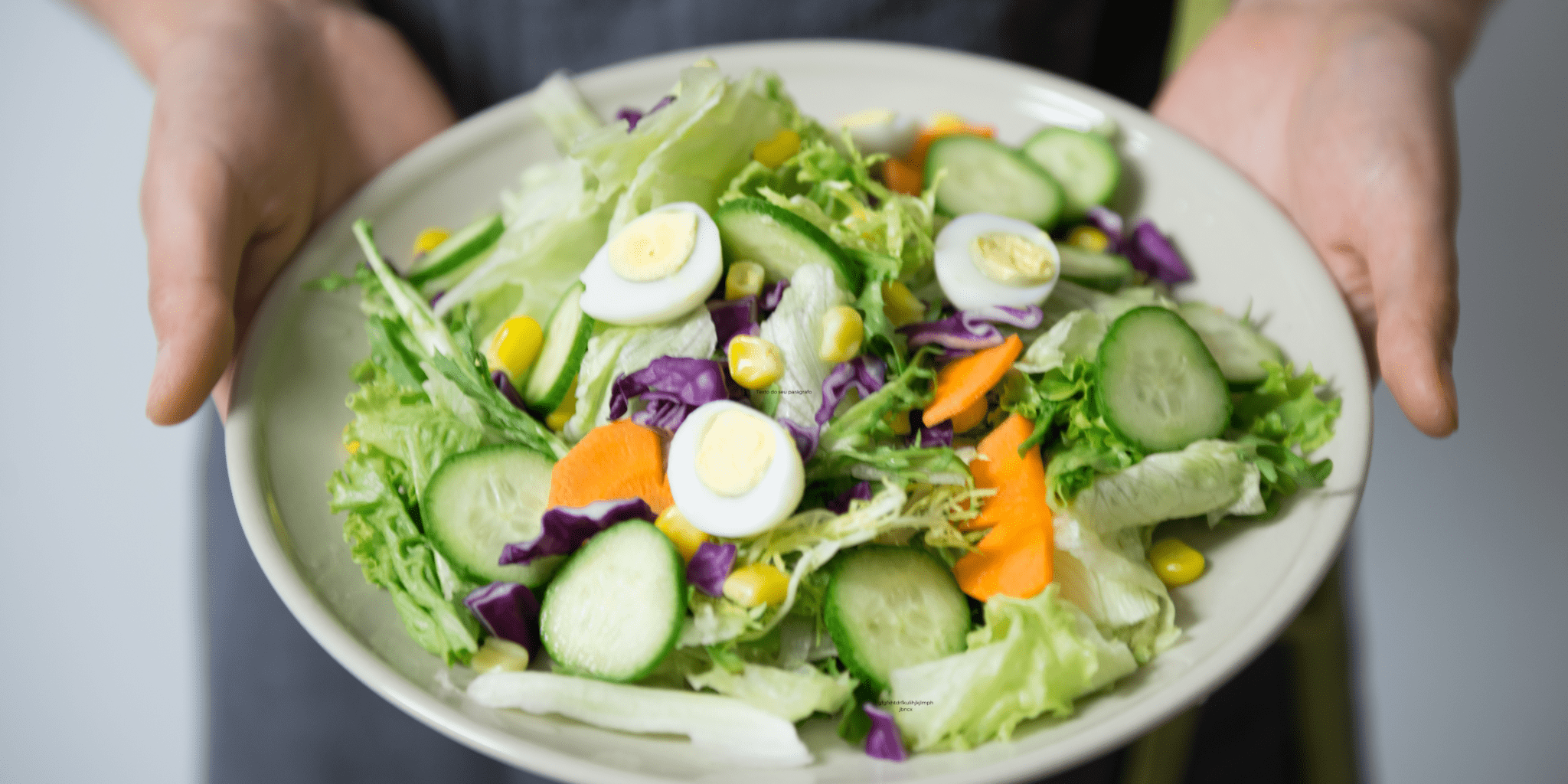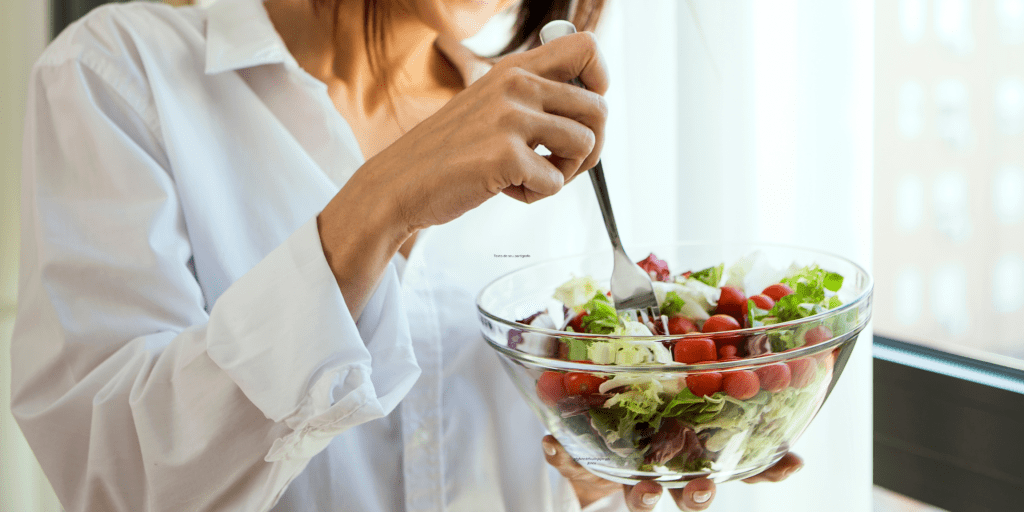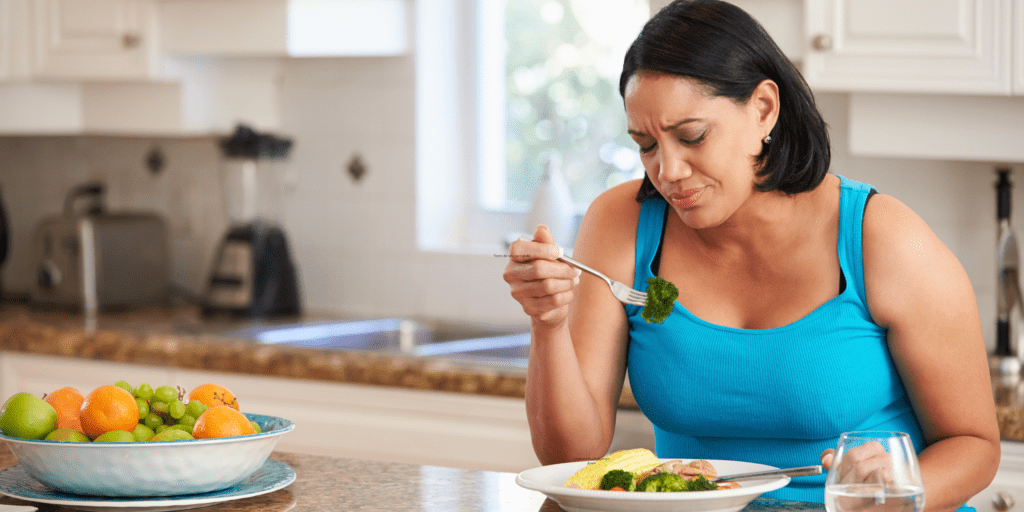Top Foods to Eat and Avoid If You Have High Blood Pressure

Foods to Eat for High Blood Pressure can be a powerful strategy for better health—a lesson I learned from my grandmother. In addition to diabetes, she dealt with high blood pressure from a young age.
At first, we thought simply cutting out salt was enough—we practically eliminated it from her meals—but over time, we learned that it wasn’t just about salt.
We discovered that there are specific foods to eat and avoid if you have high blood pressure, as this is a common condition affecting millions worldwide.
According to the World Health Organization (WHO), hypertension is one of the main risk factors for cardiovascular diseases, strokes, and kidney damage.
Although medication was essential for my grandmother, her diet played a key role in controlling her blood pressure.
Small dietary changes can bring significant benefits, helping to lower and maintain healthy blood pressure levels.
Foods to Eat for Healthy Blood Pressure
Including the right foods in your diet can be an essential strategy for balancing blood pressure and promoting stronger cardiovascular health. Foods rich in potassium, magnesium, and fiber help counteract sodium’s negative effects on the body, preventing blood pressure spikes.
In addition, antioxidants found in fruits and vegetables combat inflammation and strengthen blood vessels, reducing the risk of cardiovascular diseases.
According to the World Health Organization (WHO), a balanced diet can reduce the chances of hypertension and its complications, such as strokes and heart attacks, by up to 30%.
If you have high blood pressure or know someone dealing with it, small dietary changes can make a big difference.
Opting for leafy greens, whole grains, fruits, and lean proteins not only keeps blood pressure in check but also improves blood circulation and protects vital organs such as the heart and kidneys.
Understanding which foods to eat and avoid when you have high blood pressure is a crucial step toward improving your quality of life.
By adopting a diet rich in beneficial nutrients, you can reduce reliance on medication and prevent long-term complications.

7 Essential Foods for High Blood Pressure
Leafy Greens
Spinach, kale, and Swiss chard are loaded with potassium, an essential mineral that helps the kidneys eliminate excess sodium from the body. Since too much sodium is one of the main causes of high blood pressure, consuming more of these vegetables can naturally balance blood pressure levels. Additionally, leafy greens are rich in magnesium, which contributes to blood vessel dilation and improved circulation.
Berries
Blueberries, strawberries, and raspberries contain powerful antioxidants called flavonoids. These natural compounds help strengthen blood vessels, improve artery elasticity, and reduce inflammation, factors that contribute to balanced blood pressure. Just a handful of these berries a day can significantly benefit your heart.
Beets
Beets are one of the most effective foods for lowering blood pressure because they contain natural nitrates. These compounds convert into nitric oxide in the body, helping to relax and dilate blood vessels, improving blood flow and reducing pressure. Drinking beet juice or including raw or cooked beets in your diet can make a noticeable difference in controlling hypertension.
Oats
Oats are an excellent source of soluble fiber, which helps lower bad cholesterol levels and balance blood pressure. Their filling effect can also aid in weight control, another important factor in avoiding blood pressure spikes. A bowl of oatmeal for breakfast is a simple yet effective way to include this superfood in your diet.
Fatty Fish and Flaxseeds
Salmon, sardines, and tuna are rich in omega-3 fatty acids, which have anti-inflammatory properties and help improve circulation. These acids also help reduce the stiffness of blood vessels, making it easier for the heart to pump blood. For those who don’t eat fish, ground flaxseeds are a great plant-based alternative rich in omega-3.
Bananas
Simple, affordable, and highly nutritious, bananas are one of the best natural sources of potassium. This mineral helps balance the effects of sodium in the body, promoting blood vessel relaxation and helping to control blood pressure. Additionally, bananas are a convenient snack for a quick, healthy boost.
Garlic
Garlic is a true ally of cardiovascular health. It contains a compound called allicin, which has a vasodilating effect, helping to relax arteries and reduce blood pressure. The best way to consume garlic is raw or lightly crushed before cooking to preserve its maximum benefits.
5 Foods to Avoid if You Have High Blood Pressure
We’ve talked about foods that help control blood pressure, but it’s just as important to know what to avoid. Some foods can quickly raise blood pressure, something we noticed firsthand with my grandmother. Whenever she ate certain products, her blood pressure spiked, and we had to learn the hard way which foods were the real culprits.
If you have high blood pressure or care for someone who does, here’s a list of foods to consume sparingly—or better yet, avoid altogether. After all, small dietary changes can make a big difference in heart health.

Processed and Salty Foods
Sodium is one of the main contributors to high blood pressure, and processed foods are often loaded with it. Canned soups, deli meats (such as ham, salami, and sausages), ready-made seasonings, and salty snacks are true salt bombs. Excess sodium causes the body to retain fluids, increasing blood volume and, consequently, blood pressure.
According to the Centers for Disease Control and Prevention (CDC), the ideal sodium intake is no more than 2,300 mg per day, but for those with hypertension, the recommended limit is 1,500 mg.
Sugary Drinks
Sodas, processed juices, and energy drinks not only contribute to weight gain but also directly impact blood pressure. High sugar intake leads to insulin resistance, causing the body to produce more substances that narrow blood vessels.
A study revealed that people who regularly consume sugary drinks have a 60% higher risk of developing hypertension. Additionally, these beverages often contain sodium, further aggravating the problem.
Excessive Alcohol
Many people don’t realize it, but alcohol can be a significant factor in raising blood pressure. In small quantities, it may not cause harm, but excessive consumption can narrow blood vessels and increase blood pressure.
The American Heart Association recommends that women limit alcohol to one drink per day and men to a maximum of two. For those already dealing with hypertension, it’s best to reduce alcohol intake as much as possible or avoid it altogether.
4. Fried and Fast Food
Fried foods and fast food are typically rich in saturated and trans fats, contributing to plaque buildup in the arteries. This process, called atherosclerosis, reduces blood flow and forces the heart to work harder to pump blood, raising blood pressure.
These foods also usually contain high levels of sodium, making the situation worse. Opting for baked or grilled versions is a way to avoid these risks without sacrificing flavor.
5. Excessive Coffee and Caffeinated Drinks
Coffee can be a great ally in many health aspects, but for those with hypertension, excessive consumption can be harmful. Caffeine can cause a temporary and significant increase in blood pressure by stimulating the nervous system and constricting blood vessels.
If you have high blood pressure, it’s essential to moderate your intake of coffee, stimulating teas, and energy drinks, and observe how your body reacts to these beverages.
Avoiding these foods doesn’t mean giving up the pleasure of eating, but rather making more conscious choices to protect heart health. Diet has a direct impact on blood pressure, and small daily changes can make a significant difference in the long run.
In addition to adjusting your diet, adopting a healthy lifestyle, including regular physical activity, is essential. Exercise helps improve circulation, strengthens the heart, and can significantly reduce blood pressure.
For beginners, a home workout routine can be a practical and accessible way to start. If you’re looking for simple ways to begin, check out this home workout routine for beginners, which can be adapted to your fitness level.
Sources:
- Joffres, M. R., et al. (2013). Potassium intake and blood pressure. American Journal of Clinical Nutrition.
- Basu, A., Rhone, M., & Rhone, E. (2010). Berries and hypertension: a review of the literature. Hypertension.
- Murphy, M., et al. (2013). Effectiveness of beetroot juice in managing blood pressure. American Heart Association.
- Burt, V. L., et al. (2005). Oatmeal and its effects on blood pressure and cholesterol. The Journal of Nutrition.
- Los40.com. (2025). Study finds that eating kiwis daily can lower blood pressure. Retrieved from https://los40.com/2025/01/09/una-investigacion-descubre-que-comer-esta-fruta-3-veces-al-dia-reduce-la-presion-arterial-ideal-para-mayores-de-60
- Huffington Post. (2025). The food with more potassium than a banana and good for blood pressure. Retrieved from https://www.huffingtonpost.es/life/salud/el-alimento-mas-potasio-platano-bueno-tension.html
